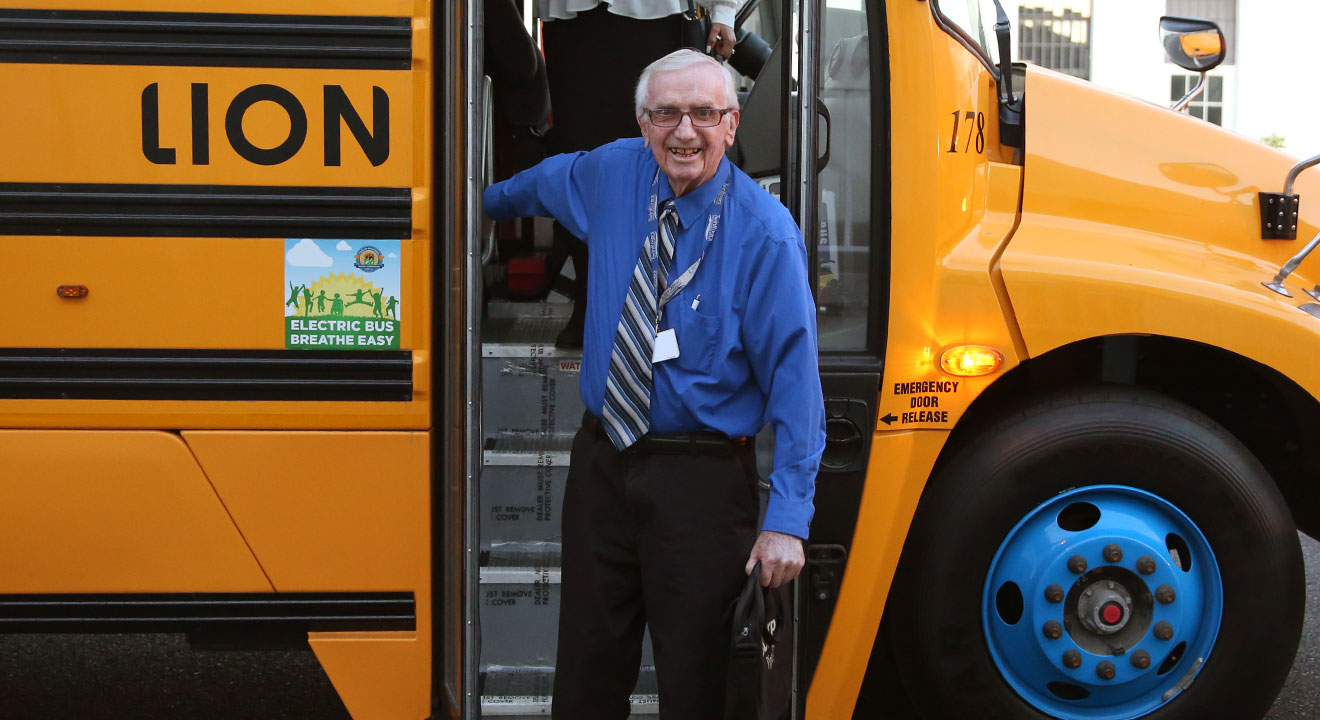May 16, 1997
On this day in 1997, Alex Dale Thomas, a substitute janitor, raped and murdered 18-year-old student Michelle Montoya at Rio Linda High School. The brutal crime sent shockwaves through the Rio Linda community as well as the greater Sacramento area, prompting calls for tighter employee screening and restrictions on hiring felons convicted of serious crimes.
In 2000, Thomas, then 54 years old, was sentenced to death for his heinous actions. He currently resides on death row at San Quentin State Prison.
Michelle was described by friends as a popular and outgoing senior who often stayed after school for weight training. She played soccer, was a member of the girl’s powder puff football team as a senior, and had been a water girl for the boy’s varsity football team.
She planned to attend a local community college next fall, and she had bought a new dress to attend a party Friday night party for graduating seniors.
She was just three weeks from graduation.
The school day ended at 2:15 p.m., but the campus was still quite active. There was a baseball game in progress, at the baseball diamond, and across the street at the stadium, the track team was practicing.
Montoya had planned to go to a weight training class, ending at 4pm.
Joe Enloe, interim chief of the school district’s police force said that Montoya had been waiting for her father for a ride home.
According to reports in The Sacramento Bee, Montoya’s lifeless body was discovered in the school wood shop. A pathologist’s testimony revealed the gruesome details of her death: she had been beaten with a crowbar, stabbed in the back with a screwdriver-like tool, and her throat slit. Investigators found a chip of paint on Thomas’ pants that matched the paint on a blood-smeared crowbar, linking him to at least one of the murder weapons.
Following the tragedy, outraged parents from Rio Linda High School accused then-Principal Leo Burns of acting incompetently by failing to immediately turn over a knife found in the school’s soccer field to the authorities. Burns defended his decision, stating that law enforcement officials believed they already had the murder weapon, undermining the significance of the knife. However, it was later acknowledged that there might have been a secondary weapon involved.
The trial was held in Sonoma County, where it was moved due to extensive media coverage in Sacramento, and concluded with a guilty verdict. Friends and family of Michelle Montoya expressed a mix of sad relief and ongoing pain, acknowledging that justice was served but recognizing the void left by her tragic loss. Pam Schleeter, Montoya’s mother, voiced her support for capital punishment, asserting that her daughter’s murderer did not deserve to live, adding that Michelle endured untold suffering before her untimely demise.
During the trial, defense attorney Bradley Holmes made a surprising admission that Thomas was responsible for Montoya’s death but argued that their encounter had been consensual. This tactic was an attempt to avoid the death penalty, as Thomas would have faced life imprisonment without parole if the special circumstances of rape were not proven.
It was revealed that Thomas, a convicted felon and member of the Los Angeles gang known as the 107th Street Hoover Crips, had previously served time for armed robbery. At the time of the crime, he was on parole for manslaughter. Despite his criminal history, Thomas was able to secure employment at the school, as state law permitted the hiring of temporary and substitute workers for nonteaching positions before completing criminal background checks. To conceal his gang affiliation, Thomas used cosmetics to cover a visible tattoo on his forehead during the job interview.
The horrific murder committed on a school campus served as a catalyst for legislative action. In response to the tragedy, the Legislature swiftly enacted laws prohibiting the hiring of felons and mandating comprehensive background checks for school employees before they begin work.
Pam Schleeter found solace in the passage of these laws, believing they would protect other children from felons in schools. However, she expressed sadness at the fact that it took the sacrifice of her daughter’s life to bring about such reforms. Michelle’s memory lives on through the legislation, safeguarding future generations and preventing similar tragedies.














